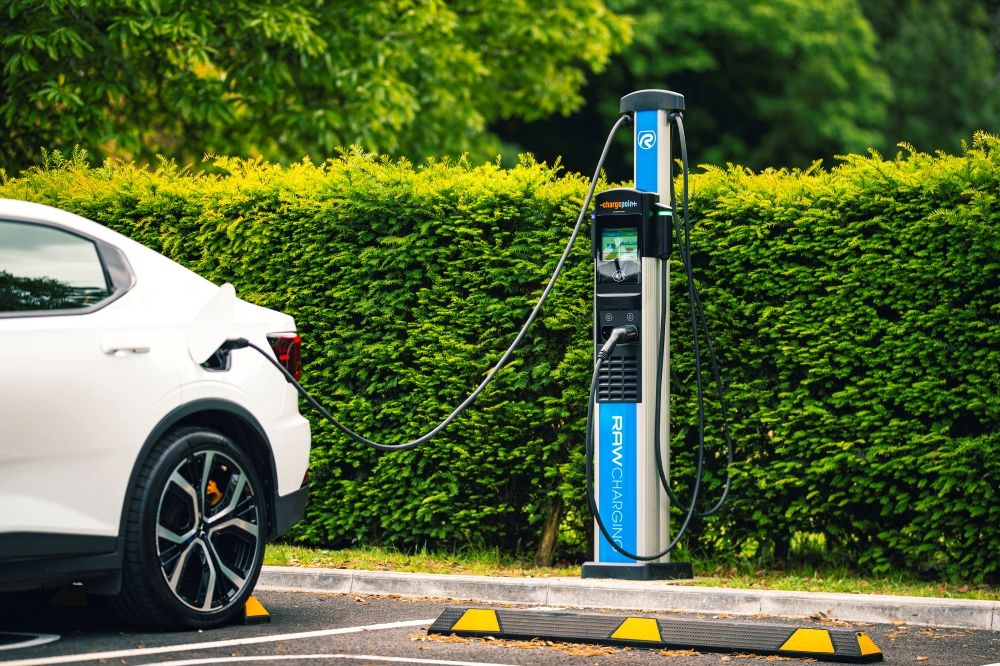Local authority group UK100 has revealed the challenges for local election candidates in achieving net zero goals in a new report.
The study, called Powers in Place: The Handbook of Local Authority Net Zero Powers, examines the powers available to local authorities ahead of the 2023 local elections.
It concludes that despite progress made by some local authorities, many are waiting for the government “to provide the necessary resources and powers to fully commit to their Net Zero ambitions”.
The report also identifies barriers such as counterintuitive planning rules on housing and onshore wind, business case rules valuing increased traffic flows over air quality and decarbonisation, and the rise of misinformation.
To address the challenges, UK100 has urged ministers to introduce a Net Zero Local Powers Bill and a Net Zero Delivery Framework, overseen by a Net Zero Delivery Unit, and to end short-term competitive funding pots.
Theory not reality
Net Zero “tsar” Chris Skidmore MP welcomed the “comprehensive” report, stating it “outlines a situation where the local powers to achieve Net Zero are theoretical rather than actual.”
He also highlighted the role of on-shore wind as local communities “overwhelming back onshore wind development in their communities”, and described it as an “easy win”.
He said: “Delivering Net Zero isn’t just the right thing to do for our environment. It is essential for local economies across the UK. As I set out in the Net Zero Review, Mission Zero, the future of Net Zero must be local. That’s why the Mission Zero Coalition has just jointly launched the new Local Mission Zero Network with Tees Valley Mayor Ben Houchen. And we are delighted to welcome the UK100 group of local leaders committed to ambitious climate action to the network.”
His comments follow the announcement of UK100’s appointment to his Local Mission Zero Network, which is co-chaired with Tees Valley Mayor Ben Houchen.
Impact on transition
Commenting on the recommendations, Christopher Hammond, Membership & Insights Director at UK100 and former leader of Southampton Council, said: “Local-led action is the fastest, most cost-effective route to Net Zero. Councils can influence over 82% of the UK’s greenhouse gas emissions and have direct relationships with the communities, residents, and businesses who will be affected by the transition.”
He also talked about the importance of giving councils more powers as they are currently “hamstrung in truly being able to deliver cleaner, healthier and safer places” despite influencing 82% of the UK’s greenhouse gas emissions.
Hammond also spoke about the important of “deliberate misinformation” on net-zero as “one of the biggest barriers facing local leaders who want to move further and faster to decarbonise transport in their areas and accelerate Net Zero action”.
He said: “It’s lazy to assert that people can hold only two (extreme) positions on traffic interventions, such as cycle lanes and low-traffic neighbourhoods. People can be legitimately worried about specific measures without being conspiracy theorists.
“They are well-organised and dominate media coverage. They aim to have a chilling effect on local politicians who are unprepared for the ferocity of the opposition. The longer this goes on, the further we all are from having the safer streets and cleaner air the majority of the population wants for their neighbourhoods — as consistently demonstrated by surveys and polls.”
Anonymous responses
The report also took in a number of anonymous local authority professionals and politicians for their views on net-zero. One local councillor said funds for sustainability were an issue, highlighting that money for an access road “wouldn’t be awarded if traffic levels were reduced, due to the ‘reduction in economic activity’”.
A local authority transport planner said “the range of tools at our disposal are not good enough” and that “only the things where it’s easy to prove economic value are assessed”.
Image courtesy of Shutterstock












